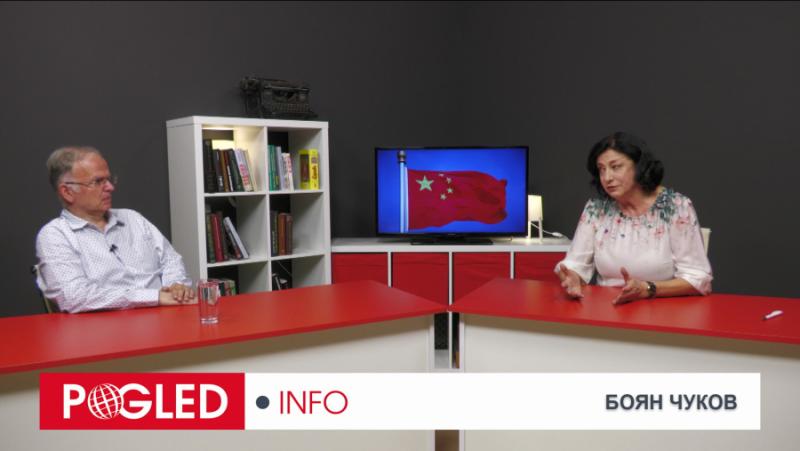Ukraine has been pressing the United States to supply it with cluster munitions, a controversial and widely banned type of weapon. Cluster munitions are a class of weapons that break apart midair and scatter smaller munitions over a large area. They have a high failure rate, with lasting and devastating consequences for civilians. Since World War II, cluster munitions have killed an estimated 56,500 to 86,500 civilians and have also caused casualties among American service members.
While the deployment of cluster munitions is not a war crime in itself, their use against civilians can be considered one because of their indiscriminate nature and long-lasting effects. More than 100 countries have signed a treaty known as the Convention on Cluster Munitions, promising not to make, use, transfer, or stockpile these weapons. However, the United States, Russia, and Ukraine are not among the signatories.
Ukraine argues that cluster munitions would help in its counteroffensive against Russian troops by allowing its forces to effectively target entrenched positions and overcome their disadvantage in manpower and artillery. The United States has resisted supplying these weapons due to concerns about their potential to cause indiscriminate harm to civilians. However, U.S. officials have recently signaled a shift in their stance, with the Pentagon determining that cluster munitions would be useful for Ukraine.
The use of cluster munitions in Ukraine has been extensively documented, with Russia using them since the beginning of the invasion in February 2022. Ukraine has also used them in efforts to retake Russian-occupied territories. The Cluster Munition Coalition reported that cluster munitions had killed at least 689 people in the first six months of fighting. Human Rights Watch has documented hundreds of cluster munitions used in Ukraine, mostly in populated areas.
The expected decision by the United States to provide cluster munitions to Ukraine has raised concerns among other allies. Most members of NATO, the Western military alliance that supports Ukraine, have signed the international ban on cluster munitions. The Convention on Cluster Munitions also limits the ability of signatory nations to cooperate militarily with countries that employ these weapons.
Supplying cluster munitions to Ukraine could potentially affect the ongoing war. Russian troops have had months to prepare lines of defense against Ukraine’s anticipated counteroffensive, including trenches, tank traps, and mines. Ukraine and the Biden administration argue that cluster munitions could help Ukrainian forces overcome these defenses and the numerical advantage of the Russian military.
The decision to supply cluster munitions to Ukraine is a contentious one, with concerns about the potential harm to civilians and the undermining of global efforts to ban these weapons. However, Ukraine sees them as a necessary tool in its fight against the Russian invasion. The provision of arms from allies, including the United States, is seen as critical to Ukraine’s counteroffensive strategy.

Does the provision of cluster munitions to Ukraine violate international law, and what measures can be taken to ensure compliance with international humanitarian law and protect civilian lives
Ntial impact on civilians and potential violation of international law. Additionally, the United States is concerned that providing cluster munitions to Ukraine would escalate the conflict and further destabilize the region.
Ukraine’s request for cluster munitions has drawn criticism from human rights organizations and anti-war activists. They argue that the use of these weapons would lead to unnecessary civilian casualties and exacerbate an already volatile situation. The widespread use of cluster munitions in populated areas could have catastrophic consequences for civilians, as the remnants of these weapons can remain active long after a conflict has ended, posing a threat to civilians including children who unsuspectingly come across them.
In recent years, there have been efforts to raise awareness about the dangers of cluster munitions and to promote their prohibition worldwide. Organizations such as the Cluster Munition Coalition have been working to promote the Convention on Cluster Munitions and encourage countries to join the treaty. The goal is to completely eliminate the use of cluster munitions and to ensure that affected areas are cleared of any remnants, as well as provide support to affected communities.
The request by Ukraine for cluster munitions puts the United States in a difficult position. While it is important to support Ukraine’s self-defense efforts against Russian aggression, it is equally important to uphold international law and protect civilian lives. The United States must carefully evaluate the potential consequences and consider alternative means to support Ukraine’s military capabilities without resorting to the use of banned cluster munitions.
Ultimately, the provision of cluster munitions to Ukraine is a complex issue that requires careful consideration and adherence to international law. The United States must weigh the potential benefits against the significant risks and long-term consequences for civilians. In the midst of a tense and ongoing conflict, it is essential to prioritize civilian protection and support efforts to achieve a peaceful resolution.


This article sheds light on the perplexing controversy surrounding Ukraine’s desire for cluster munitions, despite their global ban. It brings forth the complexities of the situation, emphasizing the need to understand the country’s unique security concerns. A thought-provoking read!